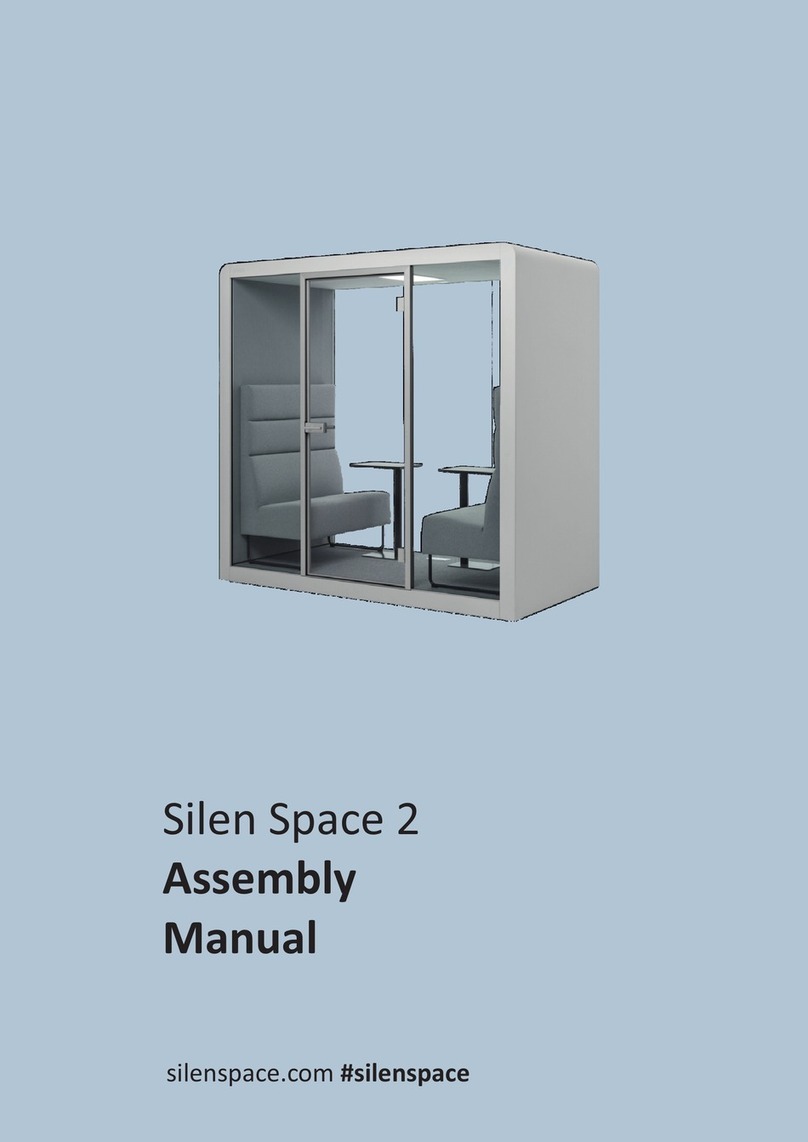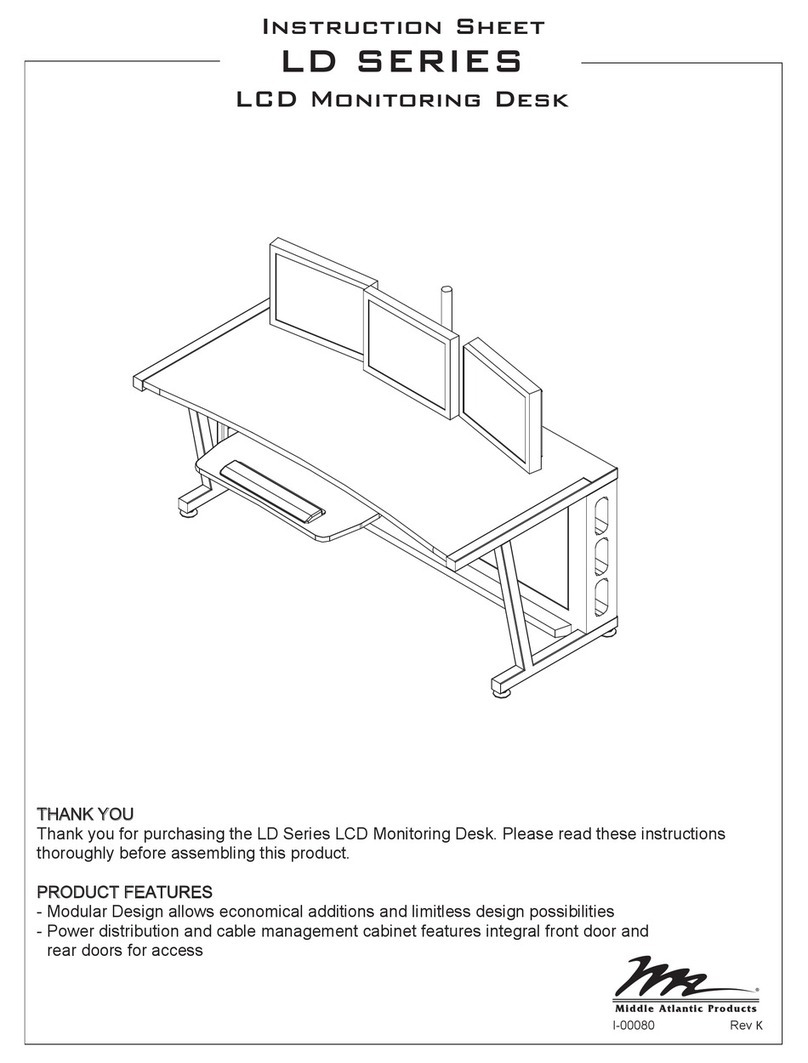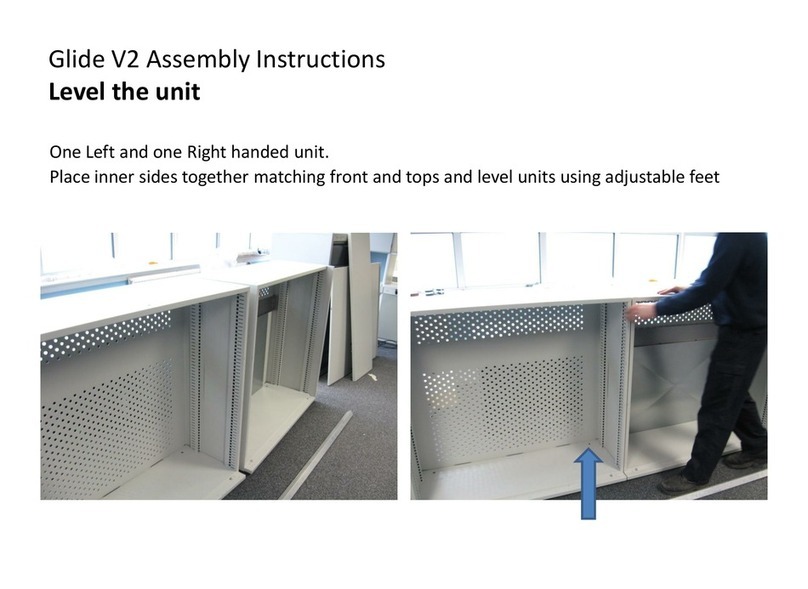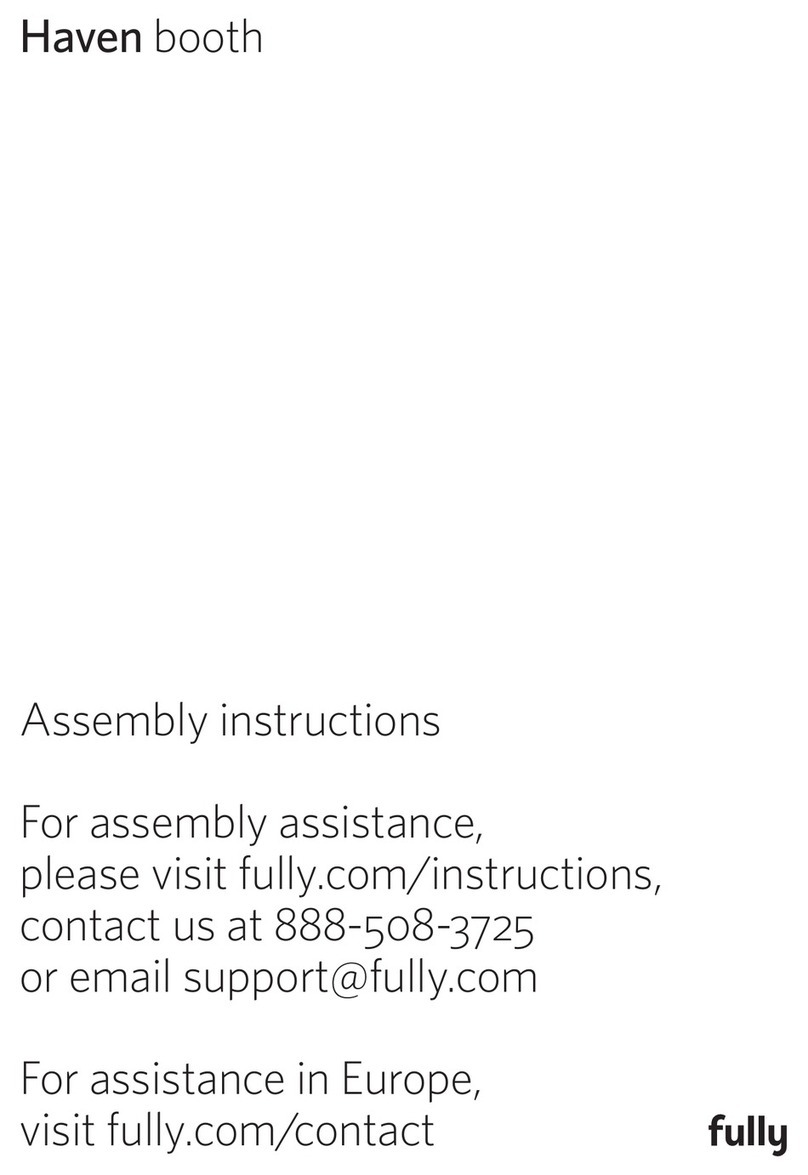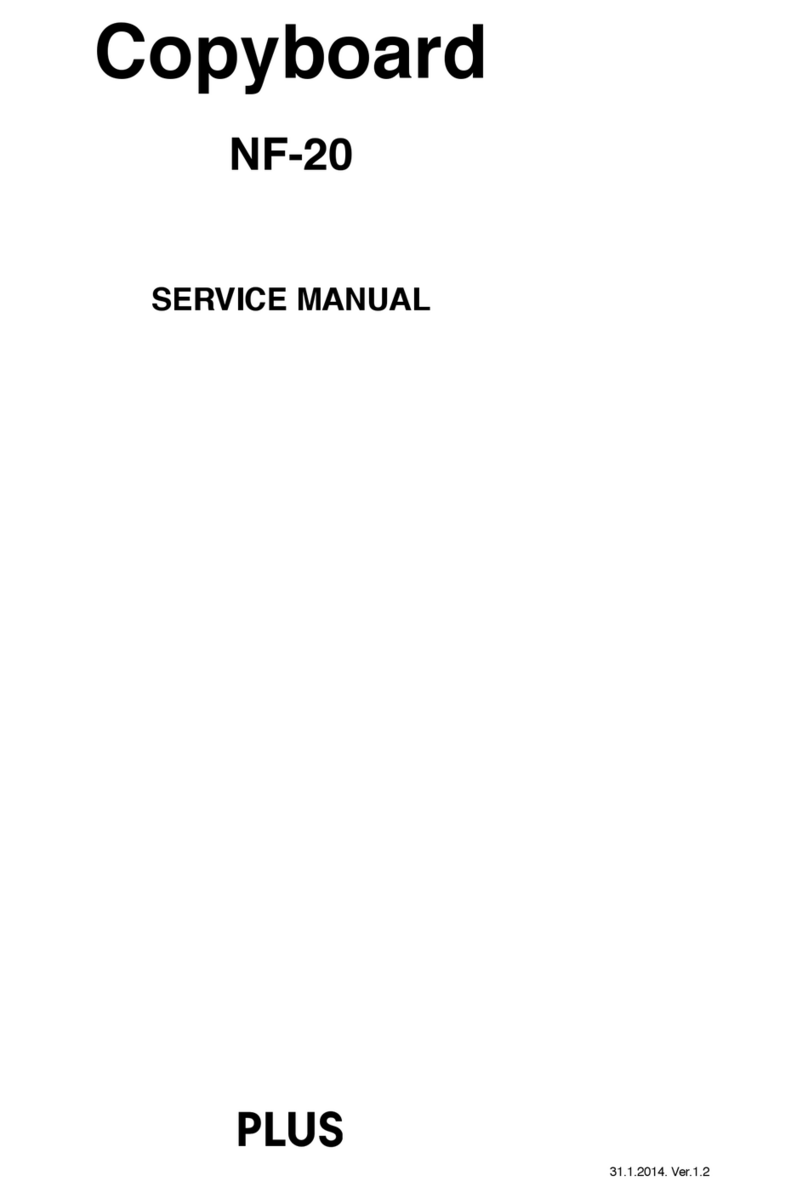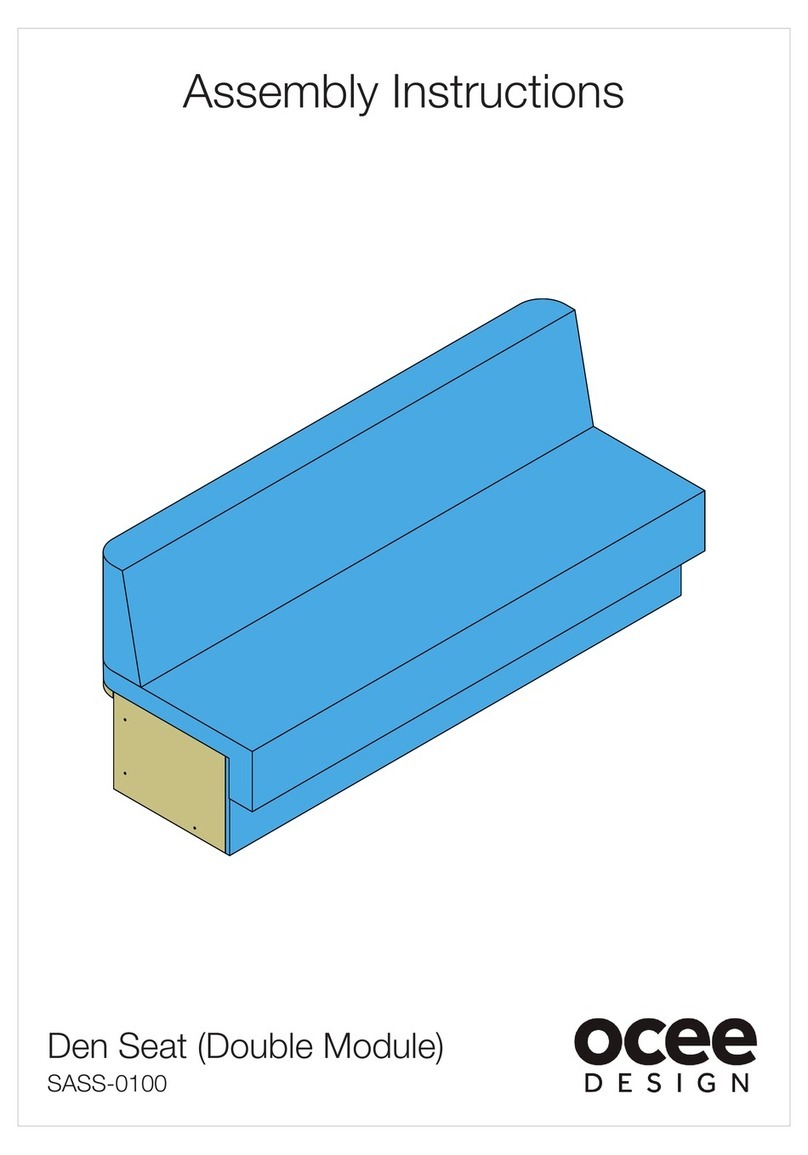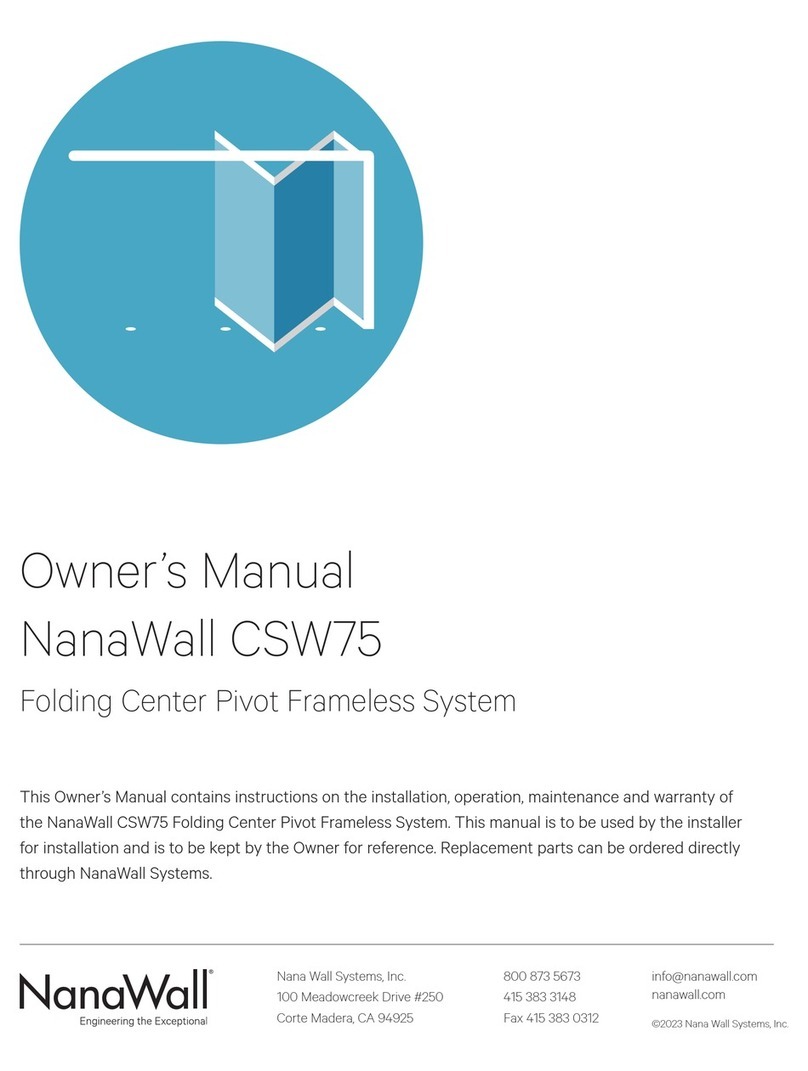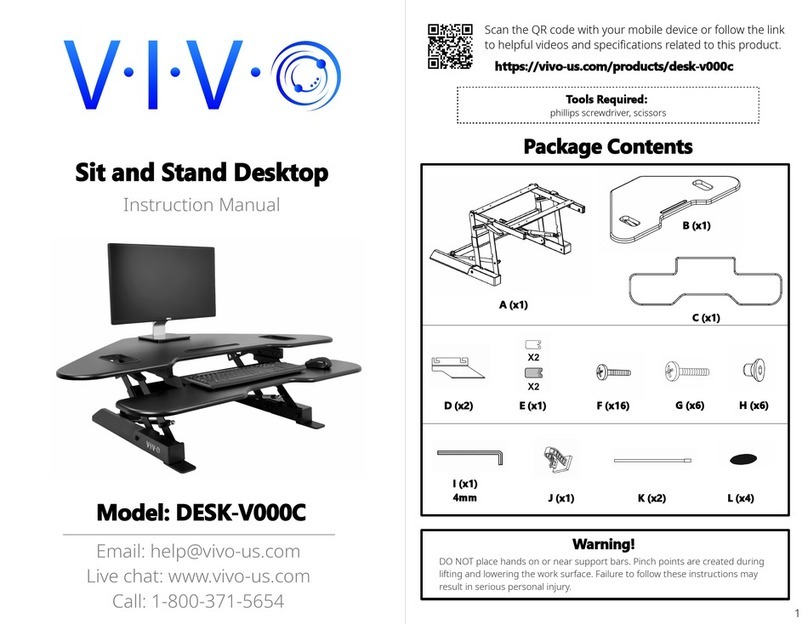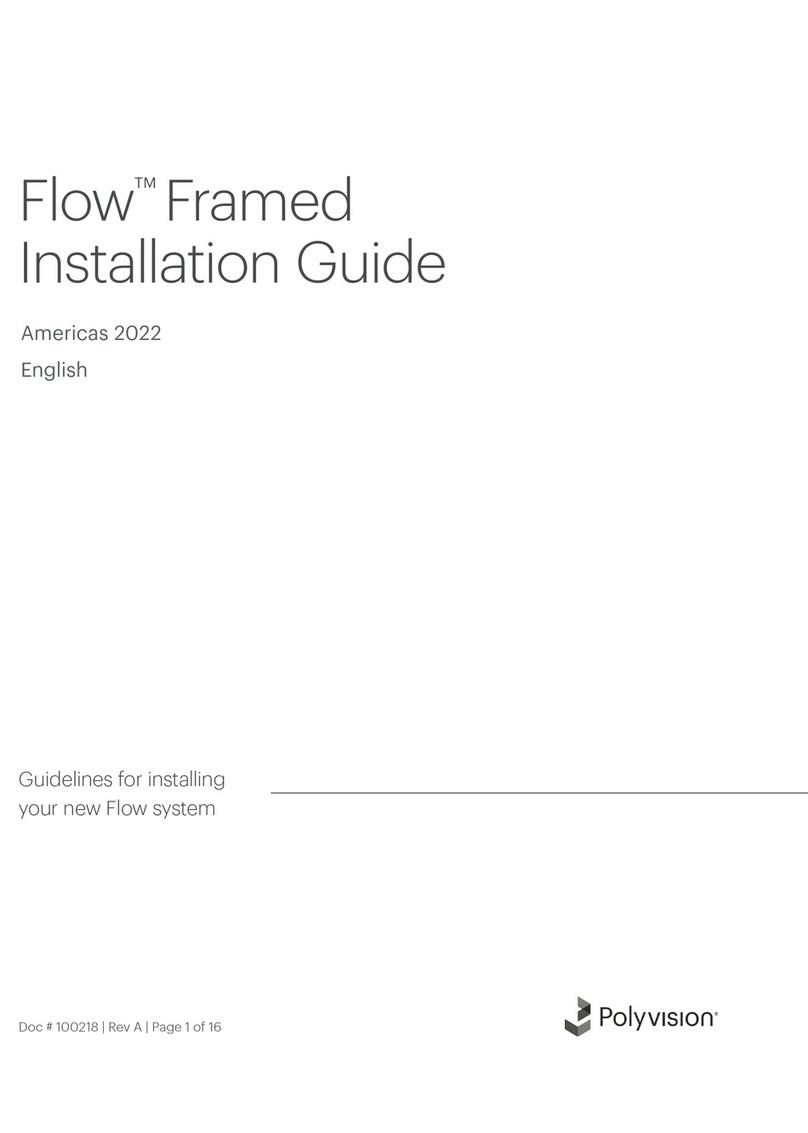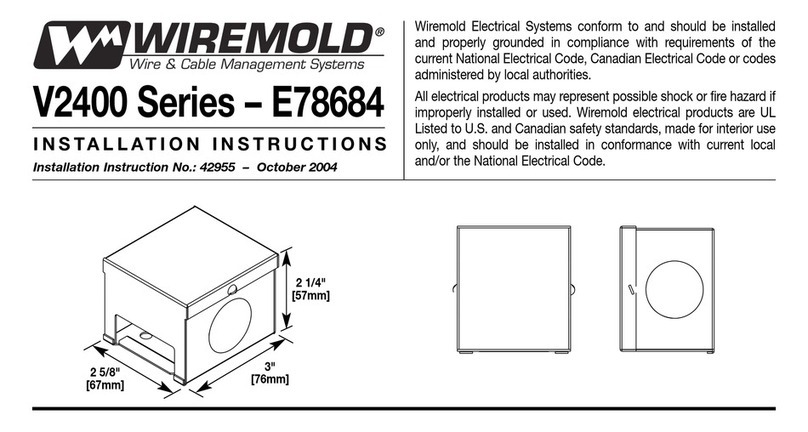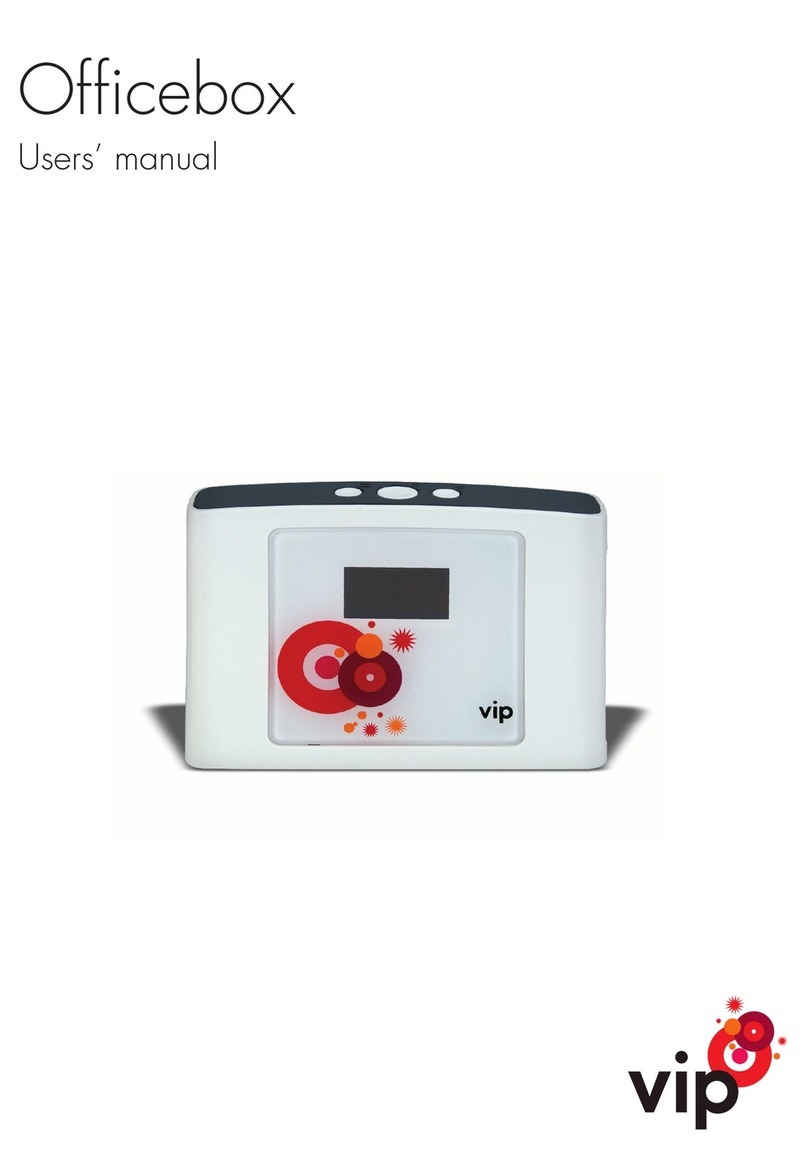
5
Contents
Basic functions . . . . . . . . . . . . . . . . . . . . . . . . . . . . . .24
Answering a call . . . . . . . . . . . . . . . . . . . . . . . . . . . . . . . . . . . . . . . . . . 24
Answering a call via the handset . . . . . . . . . . . . . . . . . . . . . . . . . . . 24
Answering a call via the loudspeaker (speakerphone mode) . . . . . . 25
Switching to speakerphone mode. . . . . . . . . . . . . . . . . . . . . . . . . . . . . 26
Switching to the handset. . . . . . . . . . . . . . . . . . . . . . . . . . . . . . . . . . . . 26
Open listening in the room during a call . . . . . . . . . . . . . . . . . . . . . . . . 27
Making calls. . . . . . . . . . . . . . . . . . . . . . . . . . . . . . . . . . . . . . . . . . . . . . 28
Off-hook dialing . . . . . . . . . . . . . . . . . . . . . . . . . . . . . . . . . . . . . . . . 28
On-hook dialing . . . . . . . . . . . . . . . . . . . . . . . . . . . . . . . . . . . . . . . . 28
Dialing with DDS keys . . . . . . . . . . . . . . . . . . . . . . . . . . . . . . . . . . . 29
Redialing a number . . . . . . . . . . . . . . . . . . . . . . . . . . . . . . . . . . . . . . . . 30
Ending a call. . . . . . . . . . . . . . . . . . . . . . . . . . . . . . . . . . . . . . . . . . . . . . 30
Rejecting calls . . . . . . . . . . . . . . . . . . . . . . . . . . . . . . . . . . . . . . . . . . . . 31
Turning the microphone on and off . . . . . . . . . . . . . . . . . . . . . . . . . . . . 31
Calling a second party (consultation) . . . . . . . . . . . . . . . . . . . . . . . . . . . 32
Switching to the held party (alternating) . . . . . . . . . . . . . . . . . . . . . 32
Transferring a call. . . . . . . . . . . . . . . . . . . . . . . . . . . . . . . . . . . . . . . 33
Call forwarding. . . . . . . . . . . . . . . . . . . . . . . . . . . . . . . . . . . . . . . . . . . . 34
Using variable call forwarding . . . . . . . . . . . . . . . . . . . . . . . . . . . . . 34
Using call forwarding no reply (CFNR) . . . . . . . . . . . . . . . . . . . . . . . 35
Call forwarding in the event of telephone failure (CFSS) . . . . . . . . . 36
Call forwarding in the carrier network and
forwarding multiple subscriber numbers (MSN) (not for U.S.). . . . . 37
Using callback . . . . . . . . . . . . . . . . . . . . . . . . . . . . . . . . . . . . . . . . . . . . 38
Storing a callback . . . . . . . . . . . . . . . . . . . . . . . . . . . . . . . . . . . . . . . 38
Accepting a callback. . . . . . . . . . . . . . . . . . . . . . . . . . . . . . . . . . . . . 38
Viewing and deleting a stored callback . . . . . . . . . . . . . . . . . . . . . . 39
Enhanced phone functions . . . . . . . . . . . . . . . . . . . .40
Answering calls . . . . . . . . . . . . . . . . . . . . . . . . . . . . . . . . . . . . . . . . . . . 40
Accepting a specific call for your colleague . . . . . . . . . . . . . . . . . . . 40
Using the speakerphone . . . . . . . . . . . . . . . . . . . . . . . . . . . . . . . . . 41
Answering calls from the entrance telephone and opening the door42
Making calls. . . . . . . . . . . . . . . . . . . . . . . . . . . . . . . . . . . . . . . . . . . . . . 44
En-bloc sending/correcting numbers . . . . . . . . . . . . . . . . . . . . . . . . 44
Using the caller list. . . . . . . . . . . . . . . . . . . . . . . . . . . . . . . . . . . . . . 45
Dialing a number from the internal directory . . . . . . . . . . . . . . . . . . 46
Using the LDAP directory . . . . . . . . . . . . . . . . . . . . . . . . . . . . . . . . 47
Making calls using system speed-dial numbers . . . . . . . . . . . . . . . 49
Dialing with speed-dial keys . . . . . . . . . . . . . . . . . . . . . . . . . . . . . . 49
Talking to your colleague with a speaker call. . . . . . . . . . . . . . . . . . 50
Talking to your colleague with discreet calling. . . . . . . . . . . . . . . . . 51
Automatic connection setup (hotline) . . . . . . . . . . . . . . . . . . . . . . . 51
Reserving a trunk. . . . . . . . . . . . . . . . . . . . . . . . . . . . . . . . . . . . . . . 51
Assigning a station number (not for U.S.) . . . . . . . . . . . . . . . . . . . . 52
Associated dialing/dialing aid . . . . . . . . . . . . . . . . . . . . . . . . . . . . . . 52
